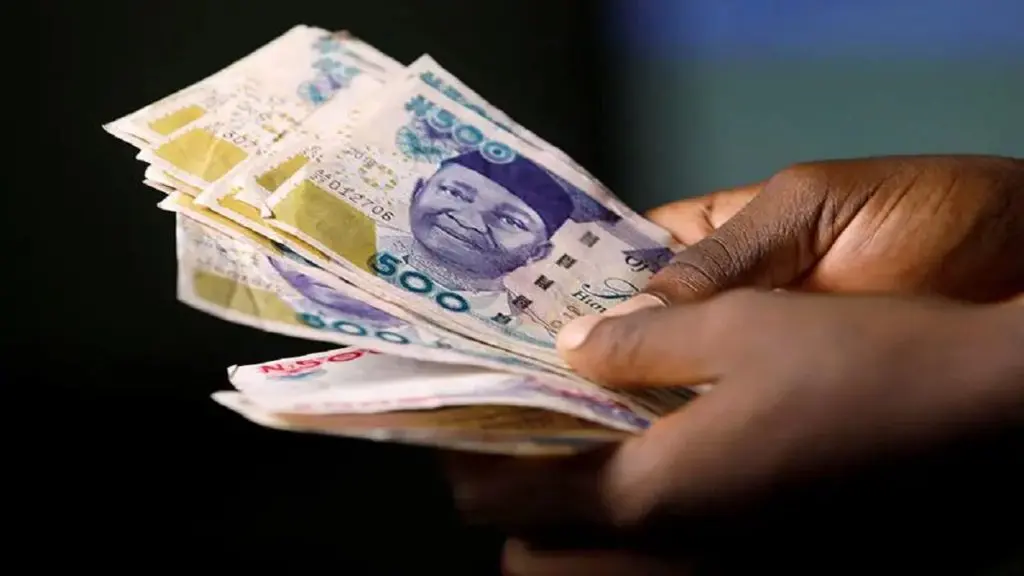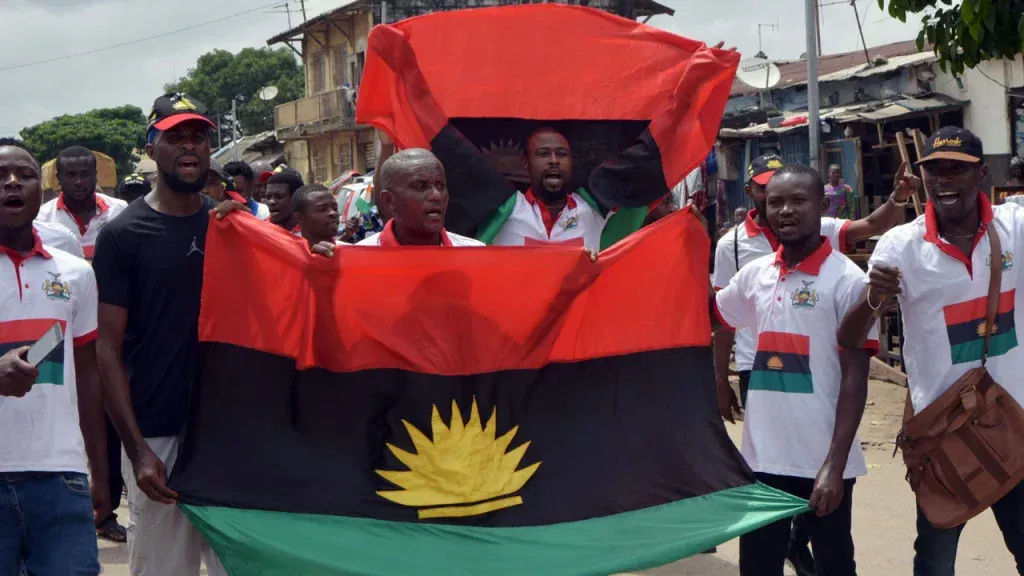Namibia Honors Victims of Colonial-Era Genocide with First National Commemoration
In a significant step towards healing and reconciliation, Namibia is set to hold its first national commemoration for the victims of mass killings by German occupiers, widely recognized as the first genocide of the 20th century. The event, dubbed Genocide Remembrance Day, will take place in the gardens of Namibia’s parliament and feature a candlelight vigil, minute of silence, and a keynote address by President Netumbo Nandi-Ndaitwah.
Between 1904 and 1908, German colonial-era troops massacred tens of thousands of indigenous Herero and Nama people who rebelled against their rule in what was then known as German South West Africa. The brutal suppression of the uprising resulted in the deaths of an estimated 60,000 Herero and 10,000 Nama people, with hundreds more being beheaded and their skulls sent to Berlin for racist experiments. This dark chapter in history has been acknowledged by Germany as a genocide, but the country has yet to issue a formal apology or offer reparations.
The commemorations, which will be held annually on May 28, mark a significant milestone in Namibia’s journey towards healing and reconciliation. The date was chosen to coincide with the day in 1907 when German authorities closed concentration camps following international criticism of the brutal conditions and high death rates. President Nandi-Ndaitwah’s keynote address is expected to highlight the importance of remembering and learning from the past, as well as the need for ongoing dialogue and cooperation between Namibia and Germany.
Germany’s recognition of the genocide in 2021, after years of denial, was a crucial step towards acknowledging the atrocities committed during its colonial rule. However, the country’s offer of over one billion euros in development aid over 30 years was rejected by Namibia, and negotiations are ongoing. As Namibia continues to grapple with the legacy of colonialism and genocide, this national commemoration serves as a powerful reminder of the need for truth, justice, and reconciliation.
The event is expected to be attended by members of the diplomatic community and will be marked as a national holiday in Namibia. As the country begins its national journey of healing, it is clear that the wounds of the past will take time to heal. Nevertheless, by confronting its painful history and honoring the victims of genocide, Namibia is taking a crucial step towards a brighter, more just future.



